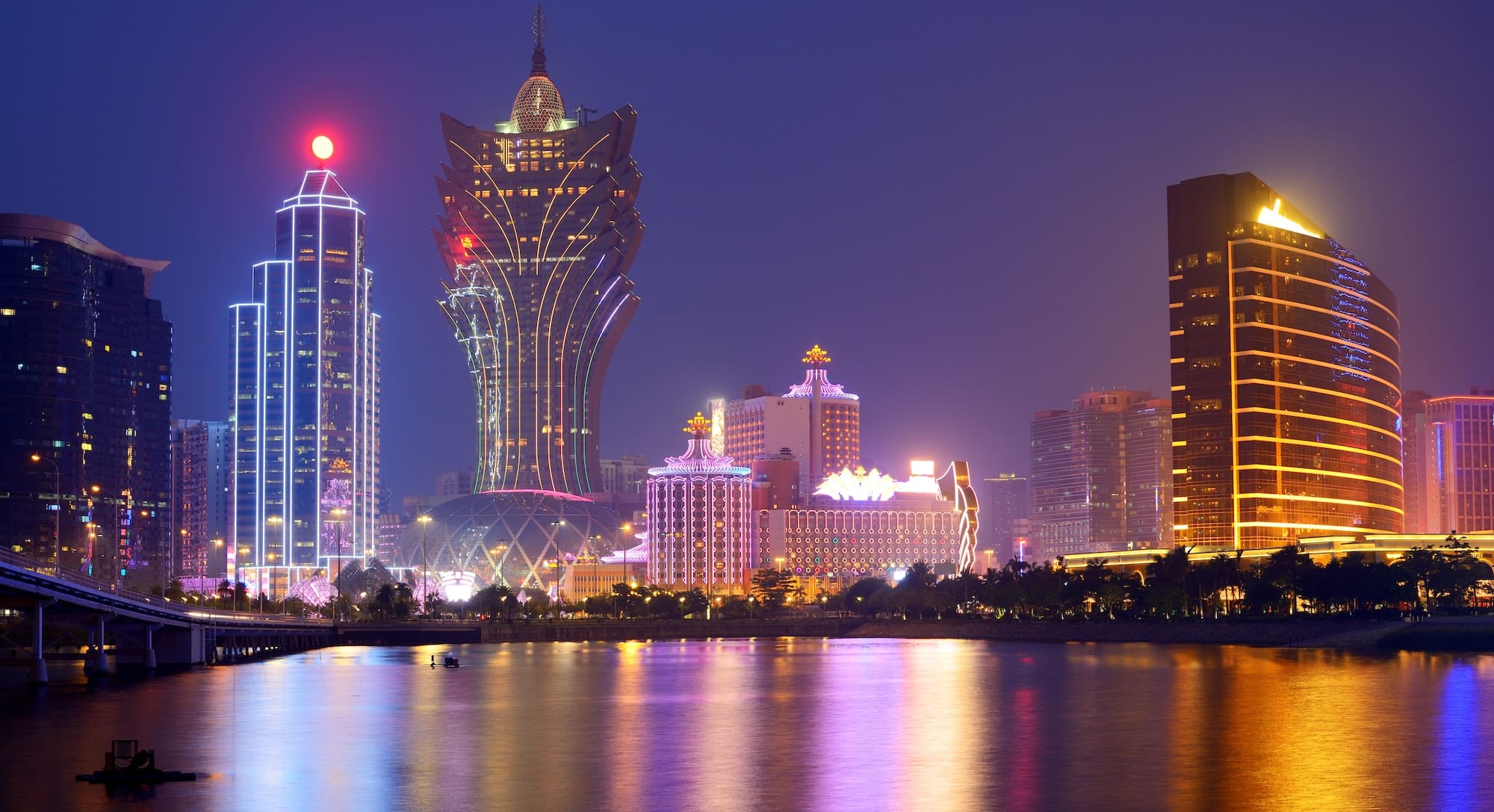The Portuguese language summer course at the University of Macau (UM) returned this year to the face-to-face format, after three ‘online’ editions, with an “excellent” balance, but numbers far from pre-pandemic levels.
Before entering higher education, Elio from Shanghai didn’t know what language was spoken in Portugal. But he already knew Fernando Pessoa. Poetry, in fact, played a role in his decision to start learning Portuguese about half a year ago at Shanghai International Studies University.
“The poems from Portugal, I like the character they have, the romanticism. I didn’t choose Spanish because it’s too extroverted,” he told reporters in an interview that began in Portuguese and ended in English on Friday, on the sidelines of the closing ceremony of UM’s Portuguese language summer course.
Elio, enrolled at the elementary level, was one of the participants in UM’s training, which this year returned to the face-to-face format after three ‘online’ editions motivated by the covid-19 pandemic. But he is not the only one who fell in love with Pessoa’s creation.
Helena, the Portuguese name of Huang Xin Yi, from Beijing, took the stage to say Pessoa’s verses, in a show that associated poetry and movement. “We use gestures when we speak and make eye contact with the audience, I think it was a very good experience,” she told Lusa, choosing the favorite of the poems: “It’s the Portuguese Sea”.
The UM summer course
The UM summer course, in its 37th edition, took place between July 10 and 28, with mornings dedicated to the Portuguese language and thematic modules, in areas such as translation, history of Macau or international relations, and afternoons spent in clubs, namely capoeira, folklore or oenology.
With 280 students from Macao, mainland China and South Korea, this edition fell short, in terms of enrollment, of previous courses in face-to-face format – the last one was in 2019, when about 500 students participated. Between 2020 and 2022, already in ‘online’ mode, there were “around 300”, one of the project coordinators told Lusa.
Vítor Silva believes that, with this three-year hiatus, “the pace” to which educational institutions and students were accustomed has been lost a little. “Students from Vietnam this year did not show up, from Malaysia we also used to have some, even from Korea, usually they were groups of 20 or 40, and there were much less, from Japan nobody even came”, he noted.
“We hope that all this dynamics that had this year will end up projecting the image of the course and that it will return to the pre-pandemic numbers,” he said.
The professor, who made an “excellent” assessment of the summer course, stressed that UM’s initiative contributes to the “very favorable environment” of Macau – Portuguese is one of the official languages – to “learn many new aspects of culture, in addition to the linguistic component”.
“They come to Macao to engage in activities that are certainly not available in the context where they live and learn the Portuguese language, [and it contributes] the fact that Macao is a very dynamic city in terms of disseminating the promotion of the Portuguese language. Portuguese restaurants can be found anywhere,” she said.
Celina, the Portuguese name chosen by Zhou Jun, agrees: “Macau is a very special place, with a very good environment to study Portuguese, the signs [on the street] are always written in Chinese and Portuguese.”
The student, from Xiantan, a city in the central province of Hunan, has been studying Portuguese at Jiaotong University in Beijing for four years. It happened by chance when, having finished high school, she was leafing through a publication looking for courses and universities to apply to. “I discovered Portuguese in a book,” he admitted.
From this course, which he has now finished, he takes “a lot about the knowledge, cultures and arts of Portuguese-speaking countries”.
Elio, on the other hand, keeps a lesson from the teacher he met in Macau. “He told me not to get bogged down in the language, but to go out and learn about the culture and history of Macau. I think history is closely related to Portugal, and when we talk about Macao or UM, we cannot ignore Portugal.”
On what drives these young people to learn Portuguese, Vítor Silva explains that, in China, the option “is often related to professional opportunities”, and that, in the context of Macau, it is “a little privileged who has mastery over the two official languages” of the territory.
“In China, I think it will be much more related to the motivation not only to work in functions related to government or diplomacy, but, above all, with the business world, much with the context of Brazil or any other of the Portuguese-speaking countries,” he explained.
Elio admits that he hopes to work at the Portuguese consulate in Shanghai. Helena, on the other hand, points to the other side of the Atlantic: “Trade between China and Brazil is improving and I think that, in the future, there will be even more collaboration.”









